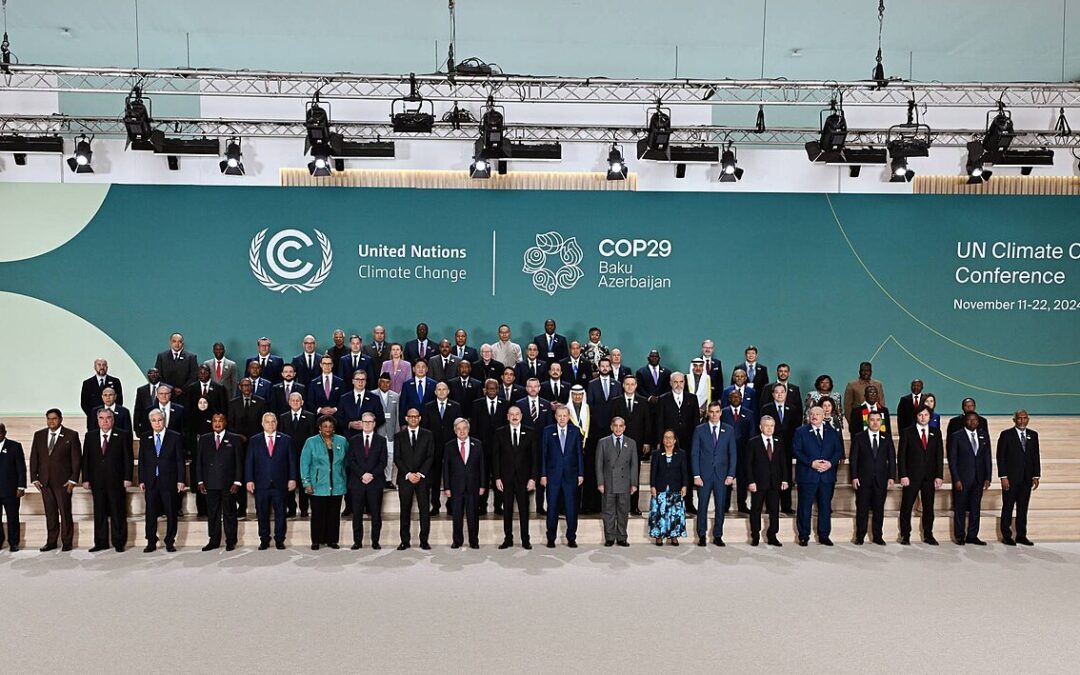COP29: Key Outcomes and Challenges from the 2024 UN Climate Change Conference
From climate finance to gender equality in climate policies, the conference in Baku marked a pivotal moment for global climate action.
The 29th United Nations Climate Change Conference (COP29), held in Baku, Azerbaijan, from November 11 to 22, 2024, concluded with significant developments in global climate policy. The conference brought together nearly 200 countries to negotiate critical issues, including climate finance, fossil fuel reduction, and gender equality in climate action.
Climate Finance Agreement
A central focus of COP29 was the establishment of a new climate finance goal to support developing nations in mitigating and adapting to climate change. Developed countries committed to providing at least $300 billion annually by 2035. This agreement, finalized after extended negotiations, was criticized by intended recipients as insufficient and merely a superficial solution. While some delegates lauded the deal, others, like the Indian representative, opposed it. UN climate chief Simon Steell highlighted it as an essential but dependent effort.
Fossil Fuel Reduction Commitments
Discussions on reducing fossil fuel dependence were marked by contention. The plan fell short on concrete steps for transitioning from fossil fuels to renewable energy, with resistance from Saudi Arabia noted. The funding responsibility debate highlighted pressures on wealthier nations and the necessity for greater contributions. The deal lays groundwork for next year’s summit in Brazil but faces significant challenges, exacerbated by geopolitical tensions and domestic budget limits in developed countries.
Gender Equality in Climate Action
The conference also addressed the integration of gender equality into climate policies. A coalition comprising Saudi Arabia, Iran, Russia, Egypt, and the Vatican opposed measures promoting gender equality, leading to the removal of references to intersectionality and human rights from the final text. Despite these challenges, pressure from the European Union and Latin American countries ensured that some gender-related references were retained, aiming to enhance the participation of women and non-binary individuals in climate action.
Sinalco Group’s Commitment to Sustainability
In alignment with the global emphasis on sustainable development highlighted at COP29, Sinalco Group reaffirms its dedication to environmental responsibility. By integrating sustainable practices into our operations and supporting initiatives that promote climate resilience, we strive to contribute positively to the global effort against climate change. Our commitment includes reducing our carbon footprint, investing in renewable energy, and fostering partnerships that advance sustainable solutions.
As the world continues to face the complexities of climate change, Sinalco Group remains steadfast in its mission to support a sustainable and equitable future for all.

